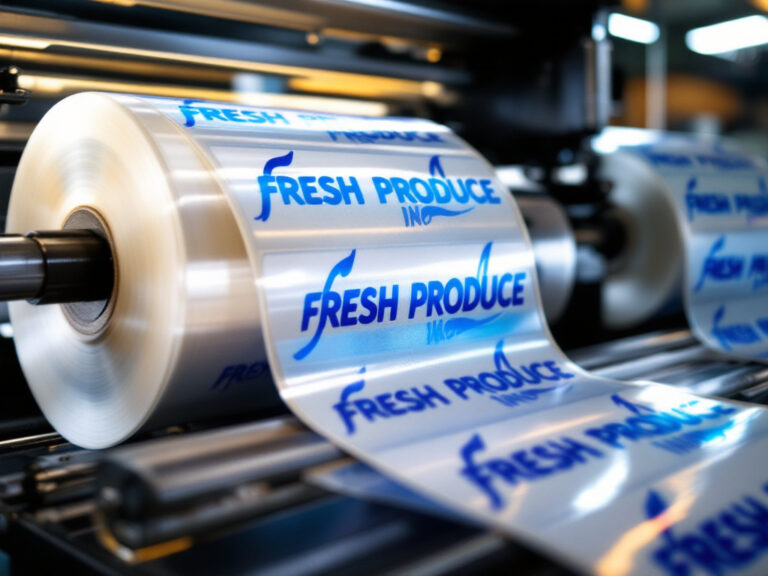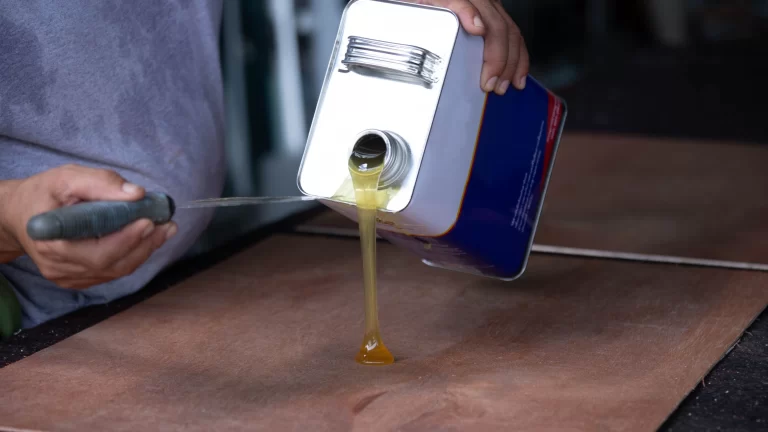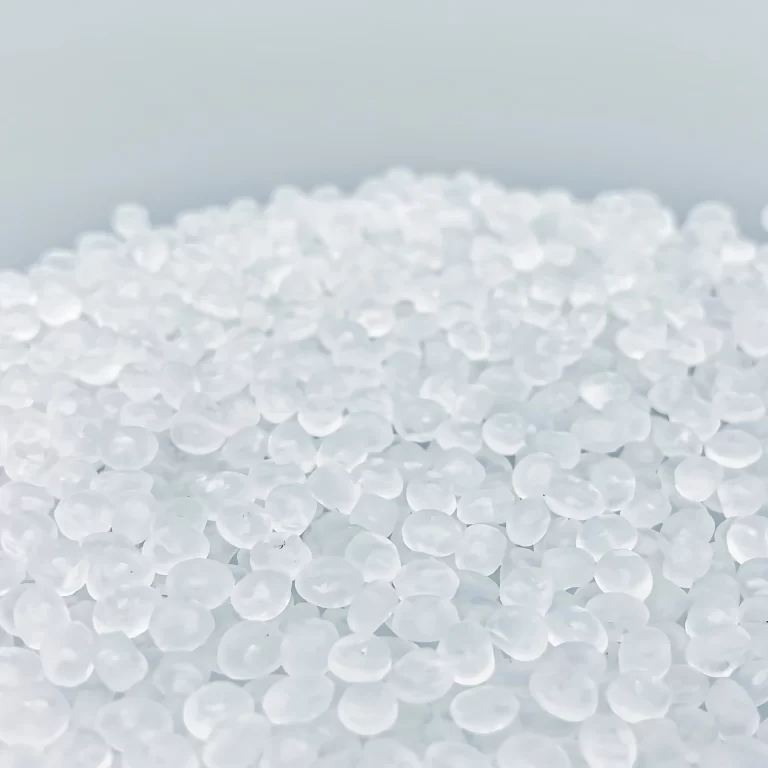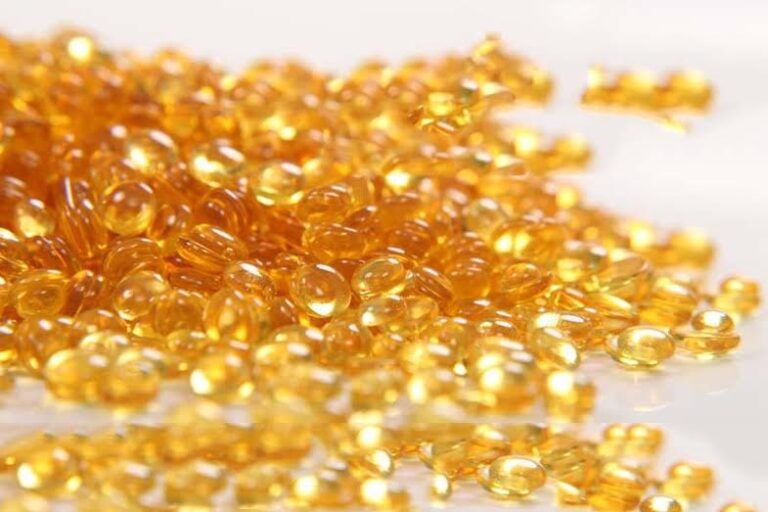Polyurethane resins are a versatile and widely used material in various industries, including coatings, adhesives, and casting. With a range of options available, choosing the right polyurethane resin for your needs can be challenging. This guide will help you navigate the market, understand the different types of polyurethane resin, and make an informed purchase decision.
Understanding Polyurethane Resin
Polyurethane resin (PU resin) is a polymer composed of organic units joined by urethane links. It is known for its durability, flexibility, and resistance to abrasion, making it suitable for a wide range of applications. Polyurethane resins are available in different forms, including:
- Polyurethane epoxy: A hybrid form that combines the properties of polyurethane and epoxy resins, offering excellent adhesion and chemical resistance.
- Polyurethane liquid: A fluid form of polyurethane used in casting and mold-making applications.
- Clear polyurethane resin: A transparent resin ideal for coatings and sealants that require a clear finish.
- Flexible polyurethane resin: A type that provides elasticity and flexibility, suitable for applications like flexible molds and gaskets.
- Thermoplastic polyurethane resin: A resin that becomes pliable at high temperatures, used in applications like footwear and automotive parts.
For more detailed information on the different types of resins and their benefits, you can explore this comprehensive guide on resins.
Key Types of Polyurethane Resin
- Aliphatic Polyurethane Resin:
- Known for its UV stability and resistance to yellowing, making it ideal for outdoor applications and coatings exposed to sunlight.
- Water-Based Polyurethane Resin:
- An eco-friendly option that reduces VOC emissions and is suitable for applications requiring low odor and easy cleanup. Products like water-based PU resin are popular for their environmental benefits.
- Transparent Polyurethane Resin:
- Offers clarity and is used in applications where a clear finish is desired, such as in lenses and transparent coatings.
- PU Alkyd:
- A combination of polyurethane and alkyd resin that provides enhanced flexibility and durability, often used in coatings and paints.
How to Choose the Right Polyurethane Resin
When purchasing polyurethane resin, consider the following factors to ensure you select the right product for your needs:
- Application:
- Determine the specific application and required properties, such as flexibility, transparency, or UV resistance. For instance, clear polyurethane resin is ideal for applications requiring a transparent finish.
- Performance Requirements:
- Consider factors like durability, chemical resistance, and temperature stability. Flexible polyurethane resin is suitable for applications requiring elasticity, while thermoplastic polyurethane resin is ideal for high-temperature environments.
- Environmental Impact:
- Choose water-based polyurethane resins for an eco-friendly option that minimizes environmental impact.
- Price:
- Consider the polyurethane resin price to ensure it fits within your budget while meeting your performance requirements.
For more information on choosing the right polyurethane resin, check out this product catalog.
Where to Buy Polyurethane Resin
When purchasing polyurethane resin, it’s important to source from reputable suppliers to ensure product quality and consistency. Some options include:
- Univo’s resin product line: A wide selection of polyurethane resins tailored to various applications, including coatings, adhesives, and casting.
- Polyurethane dispersion products: Offering flexibility and customization for specific applications.
Conclusion
Purchasing the right polyurethane resin requires understanding your specific application needs and the various types of resins available. Whether you’re looking for a flexible, transparent, or eco-friendly option, there’s a polyurethane resin to meet your requirements. For more insights into the world of polyurethane resins and their applications, explore Univolt’s comprehensive product catalog and expert blog.
By understanding the properties and applications of different polyurethane resins, you can make an informed decision and select the best product for your needs.









